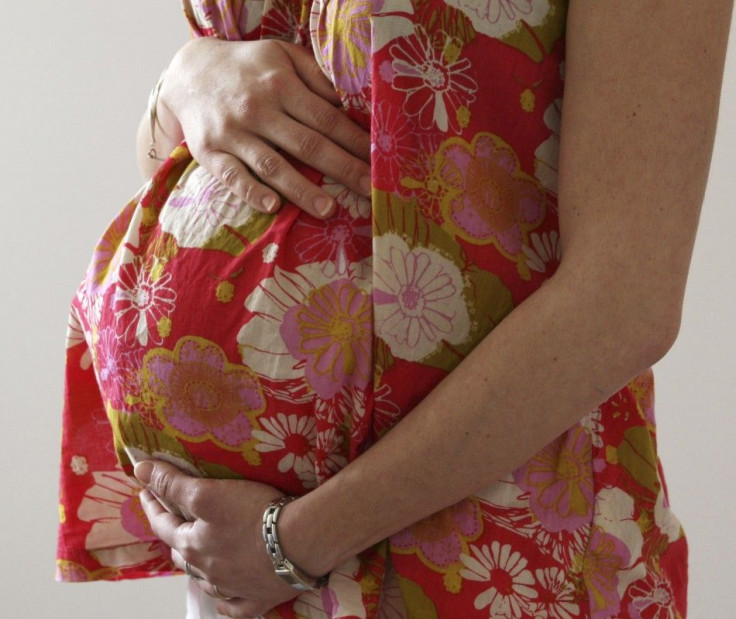Weight Loss Surgery Linked To Premature Birth: Pregnant Women Who've Had The Procedure Should Be Considered High Risk

The number of women who have undergone weight-loss surgery has risen dramatically in recent years, and health care professionals have not fully understood whether health issues would manifest later in life or with offspring. Recently, Swedish researchers have determined that children born to a mother who went under the knife for weight-loss surgery could be at a higher risk for premature birth.
"The mechanism behind how surgery influences fetal growth, we don't yet know, but we do know that people who have bariatric surgery are at increased risk of micronutrient deficiencies," Dr Olof Stephansson, obstetrician and associate professor at the Clinical Epidemiology Unit at Karolinska Institutet, said in a statement.
Dr. Stephansson and his colleagues compared data on 2,500 infants born between 1992 and 2009, whose mothers had undergone a weight-loss surgery, against 12,500 newborns whose mothers did not receive surgery. Researchers compared the mothers' BMI, age, educational background, smoking habits, and previous births.
Of the children born to women who had undergone surgery, 5.2 percent were considered small for their gestational age compared to 3.0 percent of those born to women who didn't undergo surgery. Of those small babies, 9.7 percent were born before the 37th week of pregnancy compared to 6.1 percent of the control group, while 4.2 percent of the babies born to mothers with surgical history were considered adequately sized for their gestational age compared to 7.3 percent of the second group.
"Mothers with the same BMI gave birth to babies of varying weights depending on whether or not they had undergone bariatric surgery, so there is some kind of association between the two," Dr. Stephansson added.
The results of this study are on par with a similar report that urged woman who had undergone a weight-loss surgery to wait at least one year before becoming pregnant. According to the research team’s findings, women who became pregnant within 18 months of undergoing weight-loss surgery were 31 percent more likely to experience a spontaneous miscarriage.
"An increasing number of women of child-bearing age are undergoing bariatric surgery procedures, and need information and guidance regarding reproductive issues,” Rahat Khan, consultant obstetrician and gynecologist, Princess Alexandra Hospital NHS Trust, told Medical News Today. “Multidisciplinary input care is the key to a healthy pregnancy for women who have undergone bariatric surgery. However, this group of women should still be considered high risk by both obstetricians and surgeons.
Roos N, Neovius M, Cnattingius S, Lagerros Y, Granath F, Stephansson O. “Perinatal outcomes after bariatric surgery: nationwide population-based matched cohort study.” British Medical Journal (BMJ). 2013.
Published by Medicaldaily.com



























